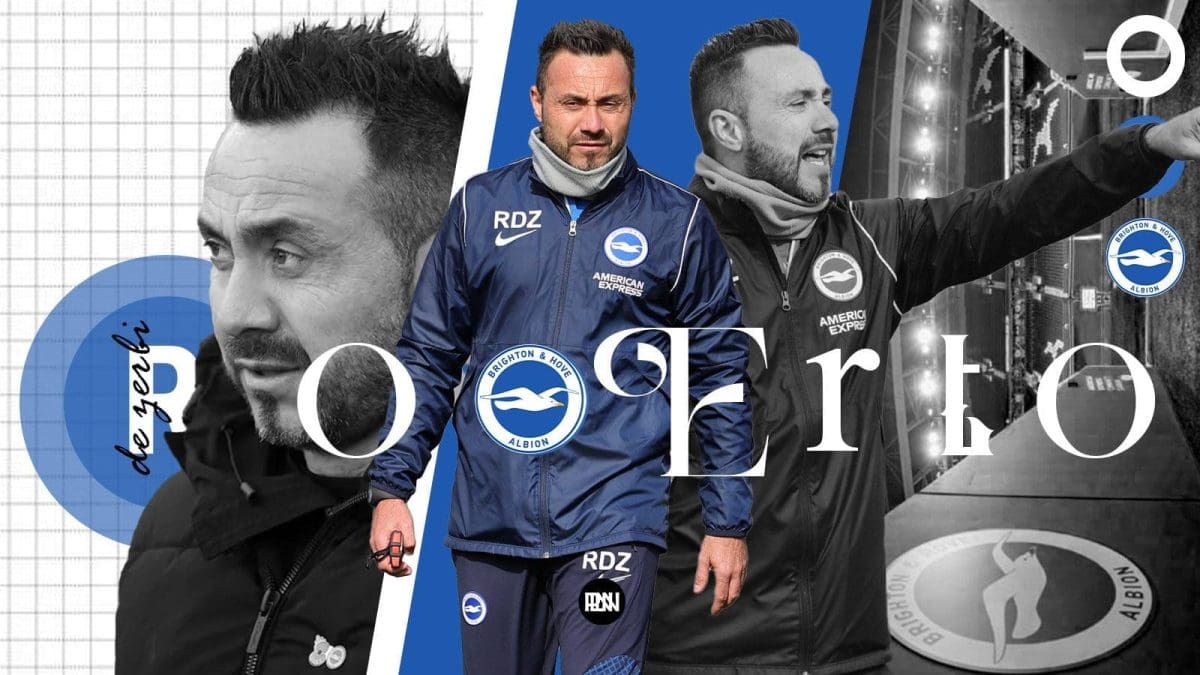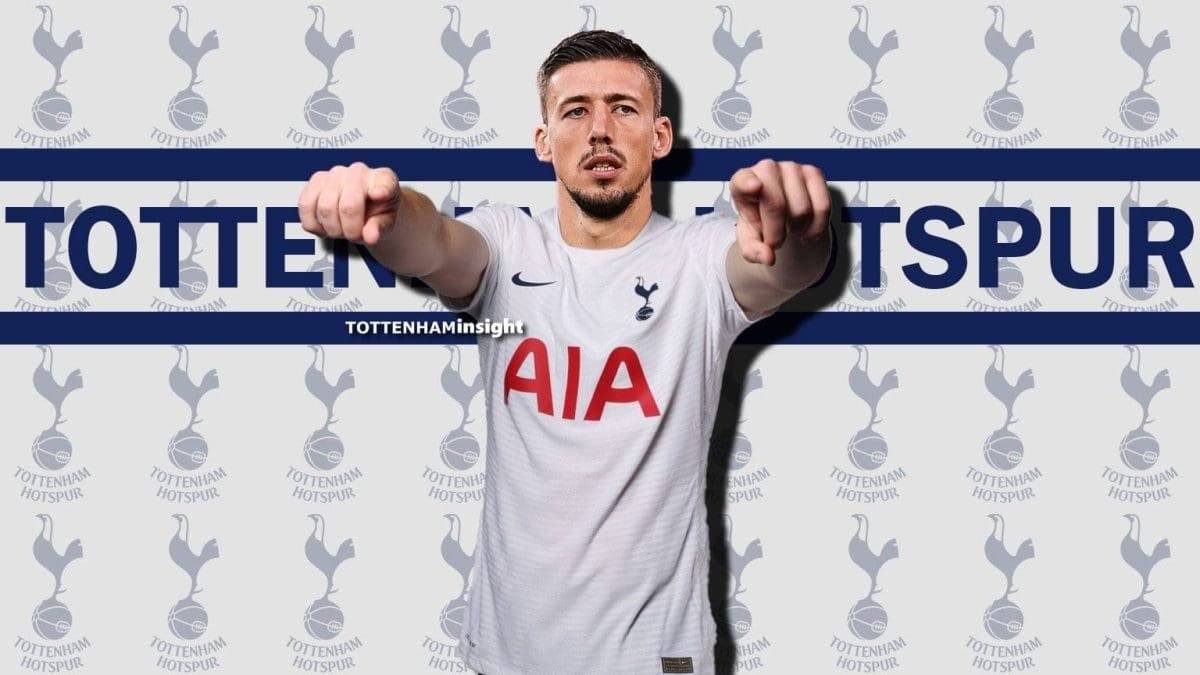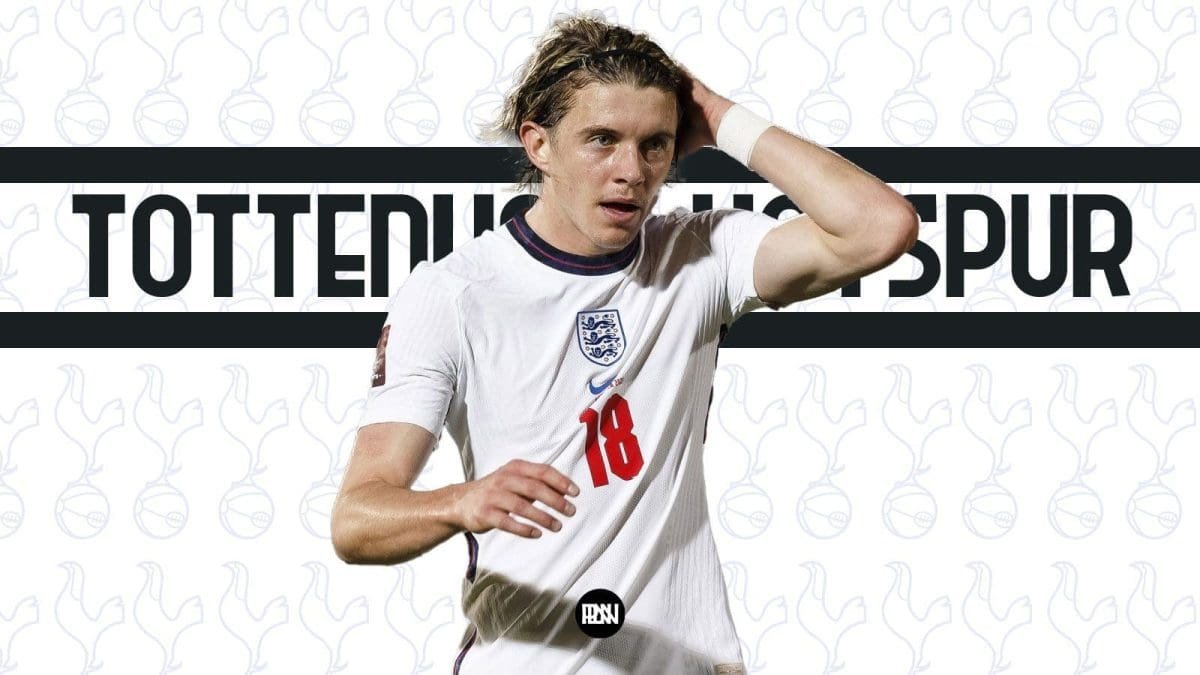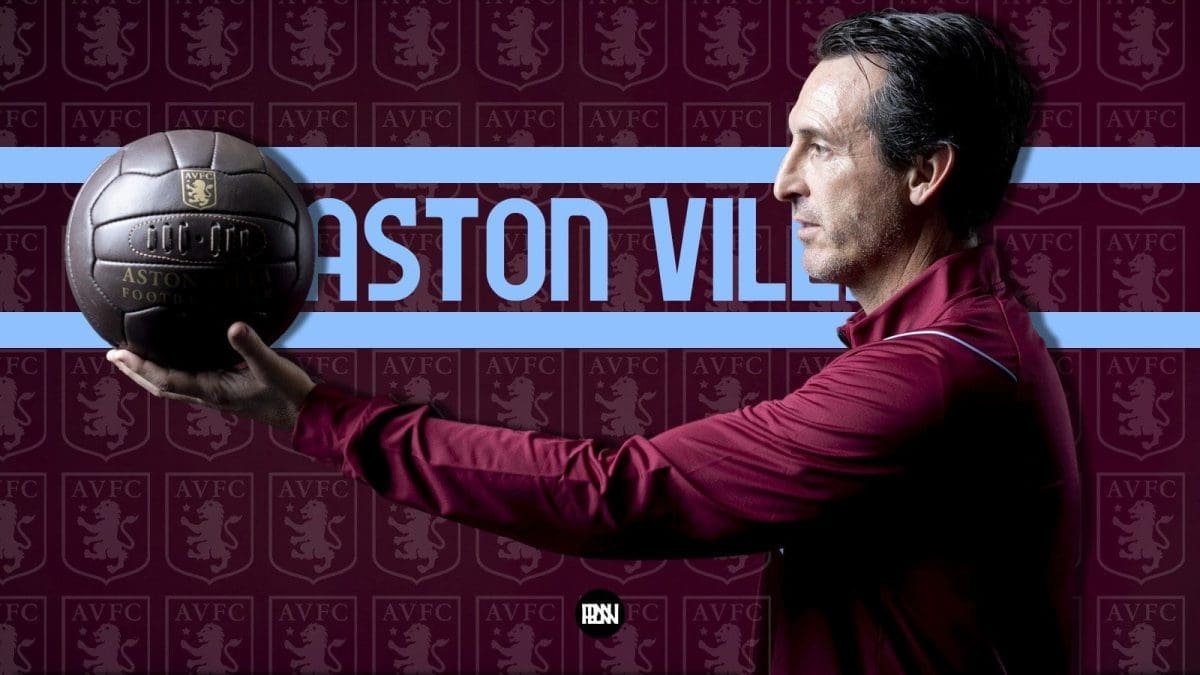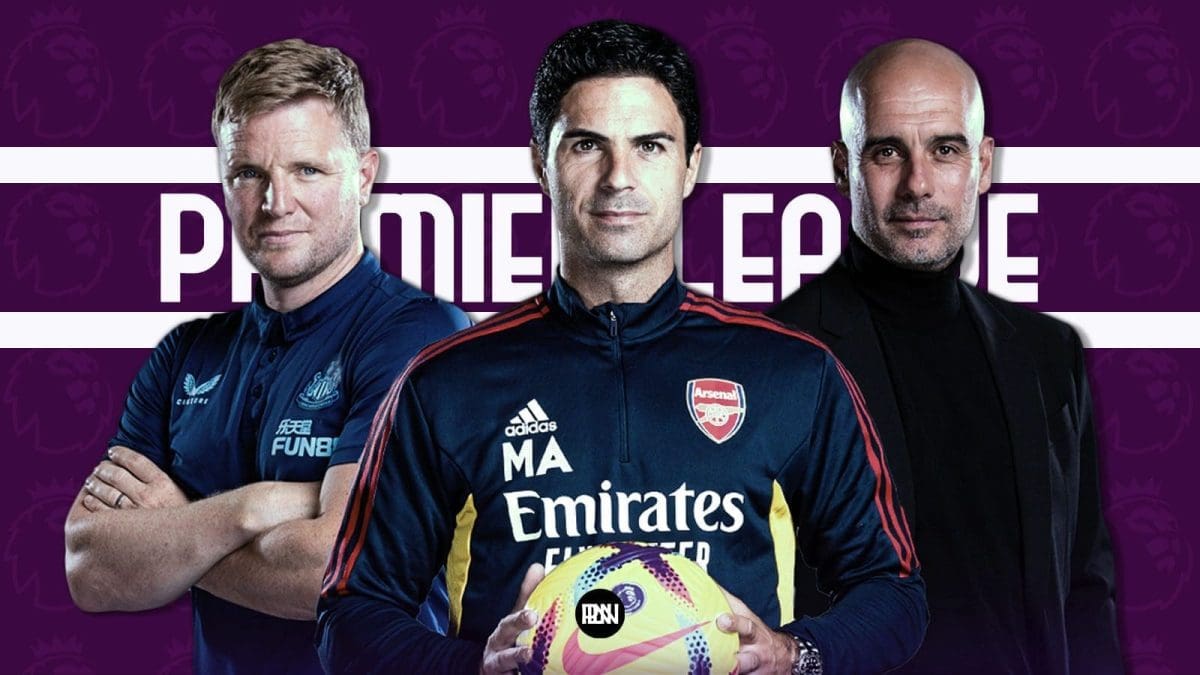Roberto De Zerbi, a highly-regarded football coach, has made a name for himself with his fascinating and innovative approach to the game. Known for his intricate tactics and unique build-up style, De Zerbi’s philosophy has captured the attention of football enthusiasts around the world. In this article, we will delve deep into the core principles of De Zerbi’s philosophy, examining his tactics, and exploring how his coaching approach has influenced teams such as Brighton.
The Evolution of De Zerbi’s Philosophy
Early Beginnings
De Zerbi’s coaching journey began in Italy, where he was influenced by the country’s rich tactical heritage. The Italian game has long been known for its focus on strategy, discipline, and defensive solidity. However, De Zerbi sought to challenge the status quo by introducing a more dynamic and attack-minded approach.
Influences and Mentors
Roberto De Zerbi’s coaching philosophy has been shaped by a variety of influences and mentors. Among the most significant are legendary coaches like Johan Cruyff and Pep Guardiola, both of whom emphasized possession-based football and a proactive style of play. Additionally, De Zerbi has been inspired by Italian tacticians like Arrigo Sacchi and Carlo Ancelotti, who prioritized organization and tactical flexibility.
The Development of a Unique Style
Drawing from the insights of his mentors and his own creative vision, De Zerbi has developed a distinctive coaching style that stands out in the football world. His philosophy is characterized by a commitment to attractive, attacking football, with an emphasis on positional play, intricate build-up patterns, and a high pressing game.
Tactical Analysis
Key Principles
One of the central tenets of De Zerbi’s philosophy is the importance of positional play. His teams are meticulously organized, with players encouraged to move fluidly and interchange positions in order to create space and exploit weaknesses in the opponent’s defensive structure.
He places a strong emphasis on the build-up phase, with some important foundation principles, specifically three macro principles, of constructing the game from the back: mastery of the game, encompassing knowledge, decision-making, and execution; strategic occupation of spaces based on teammate positioning and recognition of numerical superiority; and the crucial concept of identifying the free man and the “third man.”
The intention behind building from the back is not a passing trend. If executed effectively, this approach offers several advantages, such as increased goal-scoring opportunities, progression towards goal, and gaining 40-50 meters of field advantage.
The recognition of these benefits forms the primary and fundamental aspect. Additionally, building from the back aligns with De Zerbi’s personal inclination, stemming from his enjoyment as a player when in possession of the ball. It serves to facilitate the attacking players’ effectiveness by delivering the ball to them rather than subjecting them to arduous challenges.
Furthermore, this style enhances self-esteem, eliminates reliance on chance occurrences within the game, and ultimately seeks to create an engaging and entertaining play, thus establishing the desired rhythm and flow of the game.
Application
The concept of building from the delayed phase, present various scenarios accompanied by diverse solutions. These include employing narrower or wider midfielders, positioning full-backs higher or lower on the pitch, and adapting to different situations as required. When the team enjoys numerical superiority in their own half, the approach involves proactive play.
This approach resembles a martial art, leveraging the opponent’s strength to one’s advantage. In a balanced numerical situation, the preferred strategy is a direct approach since there is no advantage in playing in their own half; the space lies in the opponent’s half of the field.
He emphasizes the concept of high construction, referring to positions approximately 30-40 meters from the team’s own goal. The strategy when losing possession involves the closest player pressuring the ball carrier while others apply pressure, thereby regaining defensive organization. However, scoring goals is not guaranteed each time possession is lost; otherwise, the risks involved would nullify the benefits of building from the back.
The approach does not rely on predefined or rigid plays; instead, it demands the individual player’s quality and ability to relieve pressure, honed through exercises that encourage audacious dribbling. Gradually, the team evolves from an initially predictable, measured state into a dynamic, swift, automatic, and ingrained style of play.
The Brighton Connection: How De Zerbi’s Philosophy Has Influenced the Seagulls
A shared Vision
Brighton’s decision to hire Graham Potter as their head coach in 2019 marked the beginning of a new era for the club, with a renewed focus on attractive, possession-based football. Potter’s coaching philosophy shares many similarities with De Zerbi’s approach, making it unsurprising that Brighton has been linked with the Italian tactician in the past.
Implementing De Zerbi’s tactics
Under Potter, Brighton has implemented many of the core principles of De Zerbi’s philosophy. The Seagulls have become known for their fluid positional play, intricate build-up patterns, and high pressing game. Additionally, Brighton has displayed a commitment to tactical flexibility, often changing formations or adjusting their approach mid-game.
The Impact on Brighton’s performances
Since adopting a more possession-based and attack-minded style of play, Brighton has seen improvements in their overall performances. While they have at times struggled to convert their dominance in possession into goals, the team’s overall play has become more attractive and entertaining for fans.
The Future of Roberto De Zerbi’s Coaching Philosophy
As the football world continues to evolve, so too will the tactics and philosophies of innovative coaches like Roberto De Zerbi. With his commitment to attractive, attacking football and his willingness to adapt and learn, there is no doubt that De Zerbi’s philosophy will continue to shape the game for years to come.
The Influence on the Next Generation
De Zerbi’s coaching philosophy has the potential to inspire a new generation of tacticians, as young coaches look to emulate his innovative approach. By challenging conventional wisdom and pushing the boundaries of tactical thinking, De Zerbi is contributing to the ongoing evolution of football.
Potential for Success at the Highest Level
While De Zerbi has not yet had the opportunity to test his philosophy at the very highest level, his tactical acumen and commitment to attractive football suggest that he could find success with a ambitious club in the future. It will be fascinating to see how his coaching journey continues to unfold and how his philosophy continues to evolve.
Conclusion
The lessons from De Zerbi’s coaching philosophy provide valuable insights and emphasise crucial aspects. The first insight is of a philosophical nature, underscoring the uncompromising stance on courage: “If things go wrong, I take full responsibility, but if they go well, credit belongs to players.”
The second insight pertains to technical skills, particularly the sole control technique. The sole control should not be regarded as mere ornamentation; instead, it must be executed with purpose and utility.
In conclusion, Roberto De Zerbi’s philosophy represents a unique and captivating approach to football, characterized by intricate tactics, fluid positional play, and a commitment to attacking football. As his influence continues to grow, both at clubs like Brighton and among the next generation of coaches, De Zerbi’s philosophy has the potential to leave a lasting impact on the beautiful game.
MUST READ:
– Unai Emery’s Coaching Methodology and Philosophy
– Thomas Tuchel — Training Methodology
– The Art of Resilience: Sean Dyche’s Blueprint for Success


